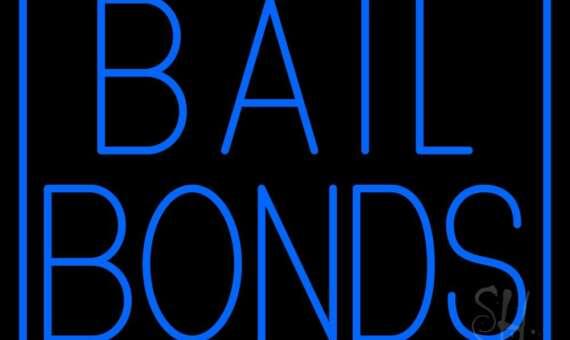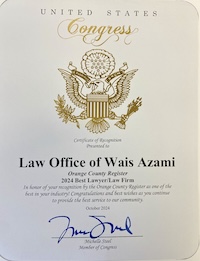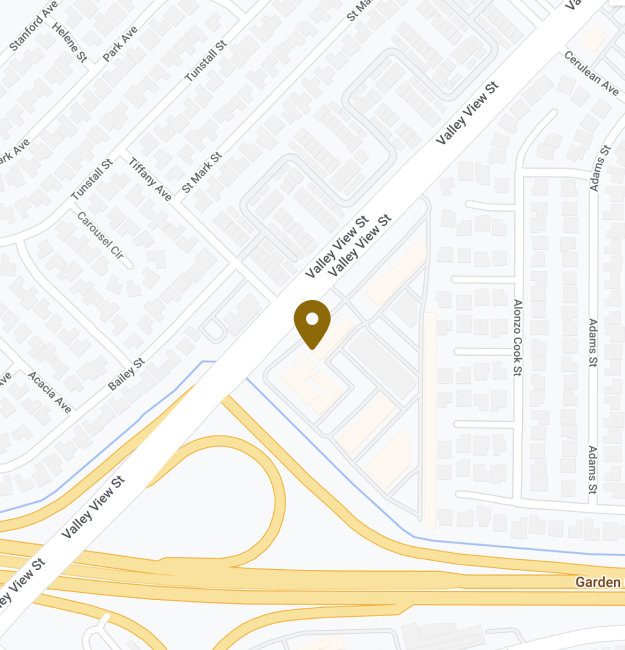- Free Consultation*: (714) 321-9999 Tap Here to Call Us
How does bail work?

How does bail work, When someone is arrested, they are immediately taken to jail. But courts don’t work 24/7 so the defendant (person arrested) has to wait until the next day the court is open to be arraigned–that’s when the defendant pleads “not guilty” or “guilty.” It’s advisable to have the right attorney before your arraignment. Usually, a bail hearing is also set for that same day. The court knows it will be a while before the defendant can have their trial because they are backlogged with thousands of other cases. In the meantime, they want to be sure that the defendant will appear for their court date in the future. So, the court (judge) assess the likelihood of the defendant returning to court to answer for the charges they have been arrested, if they are released. The court then sets a bail amount to be paid to court in the event the defendant does not return to court. If the defendant skips court, then the bail amount is forfeited (court gets to keep every penny).
How is the bail amount determined?
In How does bail work, The court will take into account several factors in determining bail amount; attachment to community, flight risk, risk to community based on the crime(s) allegedly committed, and other such facts. The most dangerous crimes get the highest bail amount because there is a high likelihood that the person would not return for fear of a long prison sentence. Some crimes have no bail at all. For low-level crimes like certain misdemeanors or infraction, the judge may allow the defendant to be released on their own recognizance (OR). Being released on OR means the court trusts that you’ll return without having you pay a bail/bond.
Are attorney fees included in the bail amount?
No! Bail amount is completely separate from attorney fees because the bail insures that you’ll return to court. It’s an agreement between the defendant the court.
What if I can’t afford the bail amount?
Bail bonds companies exist for this very reason. They generally are licensed and have high amounts of cash to put up for you. They come to the jail, post a bond (pay you bail or promise to pay in case you skip court), and get you released to go home while you’re waiting for your trial date or case disposition (final judgement on the case). Obviously, there is no such thing as a free lunch and these companies charge money for this service. They generally charge between 5-11%. Most will negotiate. Call me at (714) 321-9999 and I can help direct you to a few to know more about how does bail work.
A good criminal defense attorney will show up to court for you to help decrease the bail amount during the bail hearing. It’s important to get someone who can explain how you’re not a flight risk and maybe even get you to be released on your own recognizance (OR).
What happens to my money when I bail out?
If you used a bail bonds company, you get nothing back because they paid for you. You’ll owe them their fees if you are making payments for being bailed out.
If you put up your own money, you’ll receive it back upon returning to court and having your case resolved.
What if I can’t bail out?
Sometimes it’s tough to even come up with the 5-10% for the bail bonds companies or to make their payment plans. Sometimes you have enough money to either get bailed out or pay an attorney to represent you. If you fall in this category and decide to hire an attorney, you would stay in jail until your case disposition, or final resolution. Whatever amount of time you spent in jail to get to your case resolution, you will get credit for time serve. For example, you were in jail for 60 days until you pled guilty to or found guilty of a charge which has 6 months jail time. At that point, you will have to serve only 4 more months because you had already served 2 months (60 days) while waiting for your case resolution. However, if you are found “not guilty” or charges are dismissed, you will be released but have no recourse for the 60 days in jail, unfortunately. That is one of the biggest negatives of not bailing out.
My posts/blogs are to be taken for academic purposes only and NOT LEGAL ADVICE. Nothing on my blogs should lead you to believe there is an attorney-client relationship, nor that I am giving legal advice.
Please call my office at (714) 321-9999 for a free consultation to discuss your specific matter where I could then give proper legal advice.













